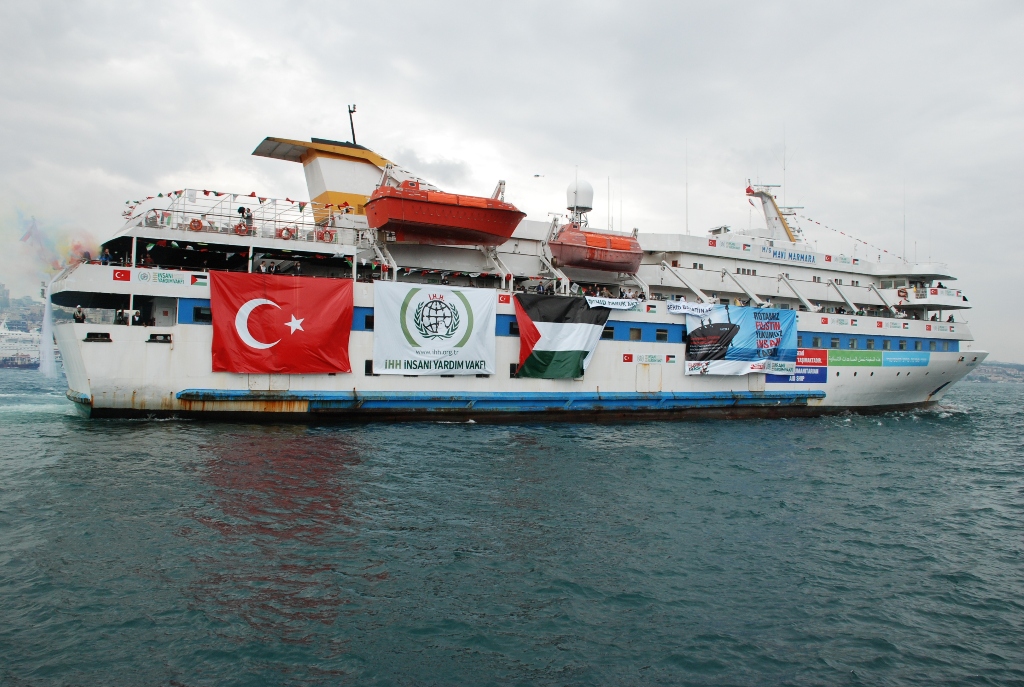Category: Journals
-
CPT: Keeping the quiet (when there’s no peace to be kept) on Shuhada Street
Sarah M, Christian Peacemaker Team – Hebron “Excuse me!” the Israeli soldier called to us. “You can’t walk down that street.” Elizabeth and I turned toward him, questioning. “We can’t? But the German tourists here earlier walked this way,” Elizabeth recalled. “I walked down the street three days ago,” I added. “No one stopped me…
-
Exporting the Intifada: ISM activists in Bratislava, Slovakia
International Solidarity Movement activists B. C. and R. O. spoke in Bratislava, Slovakia about the Occupation and their experiences as volunteers with the International Solidarity Movement. Following their presentation, the audience participated in a discussion.
-
FGM: We’re on the way to Gaza
Greta Berlin | Free Gaza Movement After tremendous pressure from the Greek Cypriots, reneging on their agreement with us, we were forced to take our MPs and activists to Famagusta yesterday, on the Turkish/Cypriot side of Cyprus. We spent all day going from one port to the next, surrounded by helicopters and police. Clearly our…


